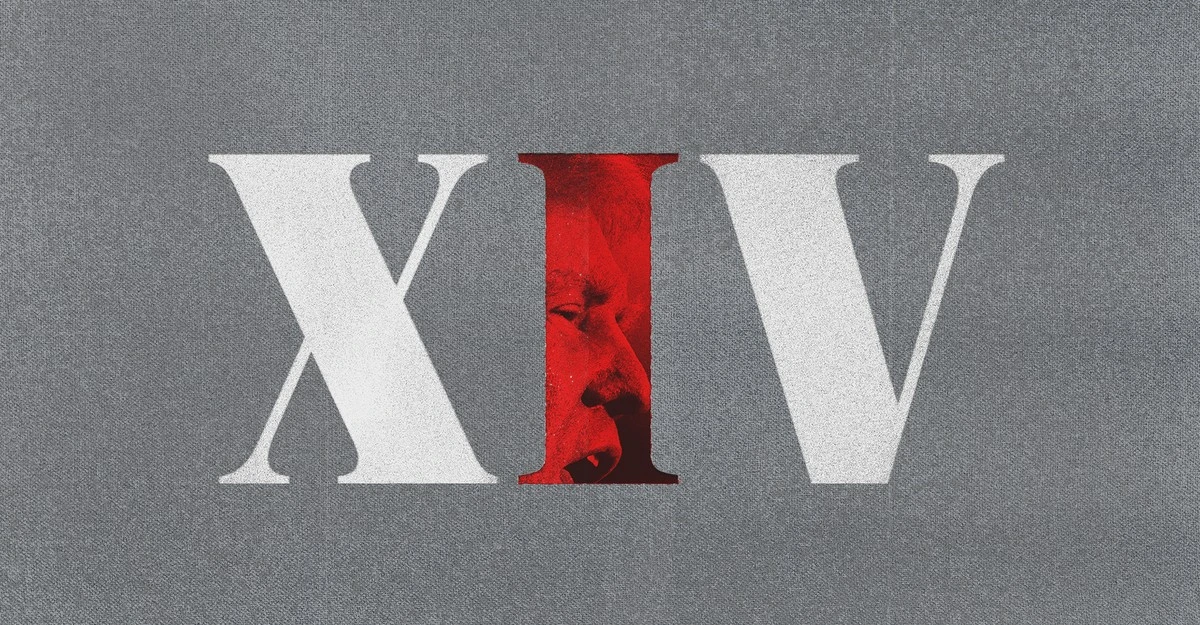As the Colorado Supreme Court wrote, January 6 meets the bar for insurrection “under any viable definition” of the term. The legal scholar Mark Graber, who has closely studied the Fourteenth Amendment’s history, argues that “insurrection” should be understood broadly—an act of organized resistance to government authority motivated by a “public purpose.” That certainly describes the Capitol riot, in which a violent mob attacked law enforcement and threatened members of Congress and the vice president in order to block the rightful counting of the electoral vote and illegally secure the victory of the losing candidate. The historical record also suggests that the amendment’s requirement that a prospective officeholder must have “engaged in insurrection” should also be understood broadly—meaning that Trump’s speech on the Ellipse that morning and his encouragement of the rioters while they smashed their way through the Capitol more than fit the bill.



You’re incorrect. This isn’t ancient history. We have contemporary accounts of the Congressional debates regarding the 14th Amendment:
https://abcnews.go.com/Politics/framers-14th-amendments-disqualification-clause-analysis/story?id=105996364
EDIT: Looks like @syllogi is a fan of the trash trying to ruin our country.
It looks like you think I agree with the District Court’s decision. I don’t. In fact I’ve explicitly said I don’t in another comment in this thread already.
The notion that the president would not be an officer of the US is a complete farce. It also has nothing to do with the reason I think rule of law would involve not disqualifying Trump until after he is found guilty in his DoJ or Fulton County case, or possibly one of the other ones. Because that would be the finding that tells you, as a matter of law, he aided an insurrection.
That didn’t have to happen to disqualify Confederates. The Fulton Co., case wouldn’t disqualify Trump, regardless.
Never mind that there has already been separate findings of fact that Jan 6th was an insurrection & that Trump aided & abetted it.
Rule of law would be following the Constitution.
The actual language of the 14th Amendment is self-executing & some of the plainest language in the entire document.
Congress must vote to remove the disability, not Congress must vote to remove the officer.